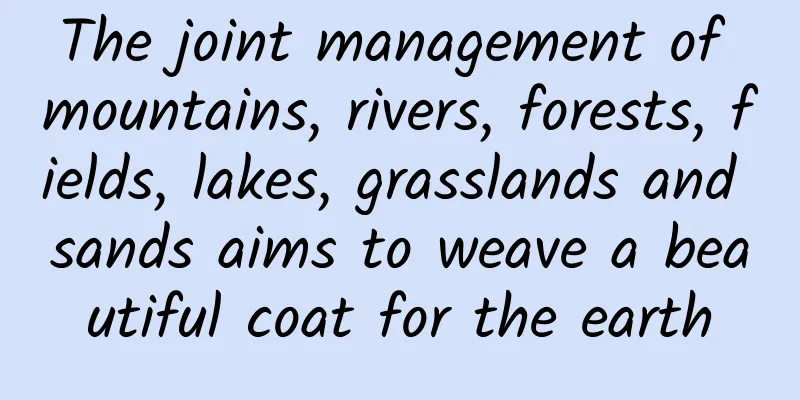The efficacy and function of multi-flowered wild peony

|
We know that there are many kinds of Chinese medicinal materials, and wild peony is one of them. In order for the multi-flowered wild peony to play its role correctly and scientifically, it is necessary to master its consumption method, because different medicinal materials have their own unique nutrition and efficacy. Let’s study it below. [Other names] Fried cashew nuts, water pomegranate, fried tripe leaves [Source] Melastoma polyanthum Blume, a plant of the genus Melastoma in the family Melastinaceae, is used medicinally with its roots and leaves . The roots can be harvested throughout the year, and the leaves can be harvested in summer and autumn. Dry in the sun. 【Nature and flavor】 Bitter, astringent, and cool. 【Functions and indications】 Clears away heat and dampness, resolves blood stasis and stops bleeding. Used for indigestion, dysentery, enteritis, epistaxis; used externally to treat bruises and traumatic bleeding. 【Usage and Dosage】 0.5~1 liang. For external use, mash the fresh leaves and apply to the affected area or grind the dried leaves into powder and sprinkle on the affected area. 【Excerpt】 National Compendium of Chinese Herbal Medicines 【Source】 "Selected Chinese Herbal Medicines from Yunnan" The above describes some ways to eat wild peony. Although many medicinal herbs can be eaten, we must remind everyone that Chinese medicines generally cannot be taken indiscriminately and should be used according to your own situation. |
<<: The efficacy and function of bat kudzu leaves
>>: The efficacy and function of large-leaf cyperus
Recommend
The efficacy and function of Jinggu Nu
Most Chinese medicinal materials have good effect...
What is the secret recipe of beef offal and Chinese medicinal spices?
If you want to cook beef offal deliciously, you n...
If large carnivores become extinct, will ecosystems inevitably collapse?
Produced by: Science Popularization China Author:...
Since I got to know it, rheumatism has disappeared.
In traditional Chinese medicine, the causes of di...
What are the medicinal values of Wangbuliuxing
Before this, you may have never even heard of the...
What does purulent breast milk look like?
New mothers often feel discomfort in their breast...
Harbin "Ice Sugar Factory" is open for business! How can 100,000 cubic meters of ice survive the hot summer?
If you ask which city is the hottest recently, Ha...
It is a land giant, but it eats with its nose! The reason is a catalyst from millions of years ago!
Elephants are the largest terrestrial mammals, an...
Can aloe vera gel remove burn scars?
Everyone has a natural urge to love beauty to som...
Top Ten Precious Chinese Medicines
Chinese herbal medicine is what we call tradition...
Beware of slipping! What to do if you encounter "freezing rain" on the highway?
In the cold winter, a special meteorological phen...
To be honest, the kitchen tools commonly used during the Chinese New Year may be dirtier than the toilet!
Where do you think your home is most likely to br...
Are the water chestnuts you eat 20 cents, 40 cents or 0 cents?
People in the south of the Yangtze River are prob...









